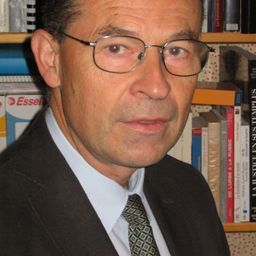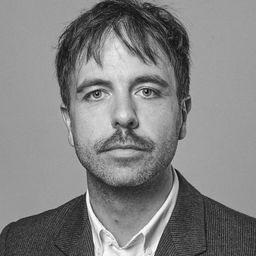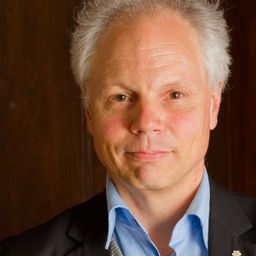
Professeur des universités depuis 1993, Jean-Yves Andrieux enseigne l’histoire de l’art contemporain et de l’architecture, à l’université de Paris-Sorbonne, en licence, master et doctorat. Il est membre du Centre André Chastel à Paris et du Groupe de recherche sur les paysages de la représentation, la ville et les identités urbaines à Montréal, Canada (université du Québec à Montréal-UQÀM). Ses travaux sur l’architecture et le patrimoine portent sur l’analyse du cadre bâti (histoire, législation, procédures, analyse des monuments) et sur la période contemporaine, en France et en Europe. Il est directeur de collection aux Presses universitaires de Rennes (plus de 120 volumes publiés) et expert auprès de la direction générale des Patrimoines, au ministère de la Culture, pour l’enseignement et la recherche dans les écoles d’architecture françaises. Auteur d’une vingtaine d’ouvrages, il a publié en 2014 : Le patrimoine monumental : sources, objets et représentations (co-écrit avec Fabienne Chevallier, historienne de l’art).
Documents
Sessions auxquelles Prof. Jean-Yves Andrieux participe
Mardi 7 Juin, 2016
Since 1914-1918, the dominant image of heritage destruction by acts of war is associated with the exponential expansion of mass violence, most often practised remotely, using weapons of extreme force. From 1939 to 1945, sophisticated weaponry boosted the scale of the industrial war until the total eradication of towns. This resulted in two phenomena that have occupied the affected countries for decades: first, complex restorations on thousands of monuments; secondly, extensive reconstruction ...
Sessions auxquelles Prof. Jean-Yves Andrieux assiste
Vendredi 3 Juin, 2016
Qu’est-ce que le patrimoine change à Montréal? Qu’est-ce que Montréal change au patrimoine? Ce débat vise à mettre en discussion l'évolution et le devenir du patrimoine dans la métropole du Québec en interrogeant les motifs de l'attachement (ou de l'indifférence) de la société civile et des décideurs, mais aussi en questionnant les moyens dont ils disposent pour agir sur le patrimoine. Au-delà de la fameuse "pierre grise" et des matériaux expressifs de l'identité historique de Montré...
Samedi 4 Juin, 2016
What if we changed our views on heritage? And if heritage has already changed? While, on the global scene, states maintain their leading role in the mobilization of social and territorial histories, on the local scale, regions, neighbourhoods and parishes have changed. Citizens and communities too: they latch on to heritage to express an unprecedented range of belongings that no law seems to be able to take measures to contain, often to the discontent of...
Mardi 7 Juin, 2016
While historical churches are being abandoned all over the Christian West, more and more places are growing the opposite way: pilgrimage sites are being enlarged and enhanced, whole urban districts are being developed with churches and temples boasting diverse, and often unorthodox, religious practices. Epistemologically linked to heritage, the sacred now seems to follow a path of its own, staging itself in new settings where the “religious heritage” refers mostly to common practices, however...
The closing dinner of the conference, called “Pawâ” according to a French-Canadian tradition borrowed from the Native American lexicon, will be an opportunity to discover, in the heart of the Old Port of Montreal, an original culinary creation by the caterer Agnus Dei, from the renowned Maison Cartier-Besson in Montreal, leader in its field for its boundless creativity and event expertise. The dinner, in the form of stations, will offer delegates an exploration of Quebecois culinary heritage,...




